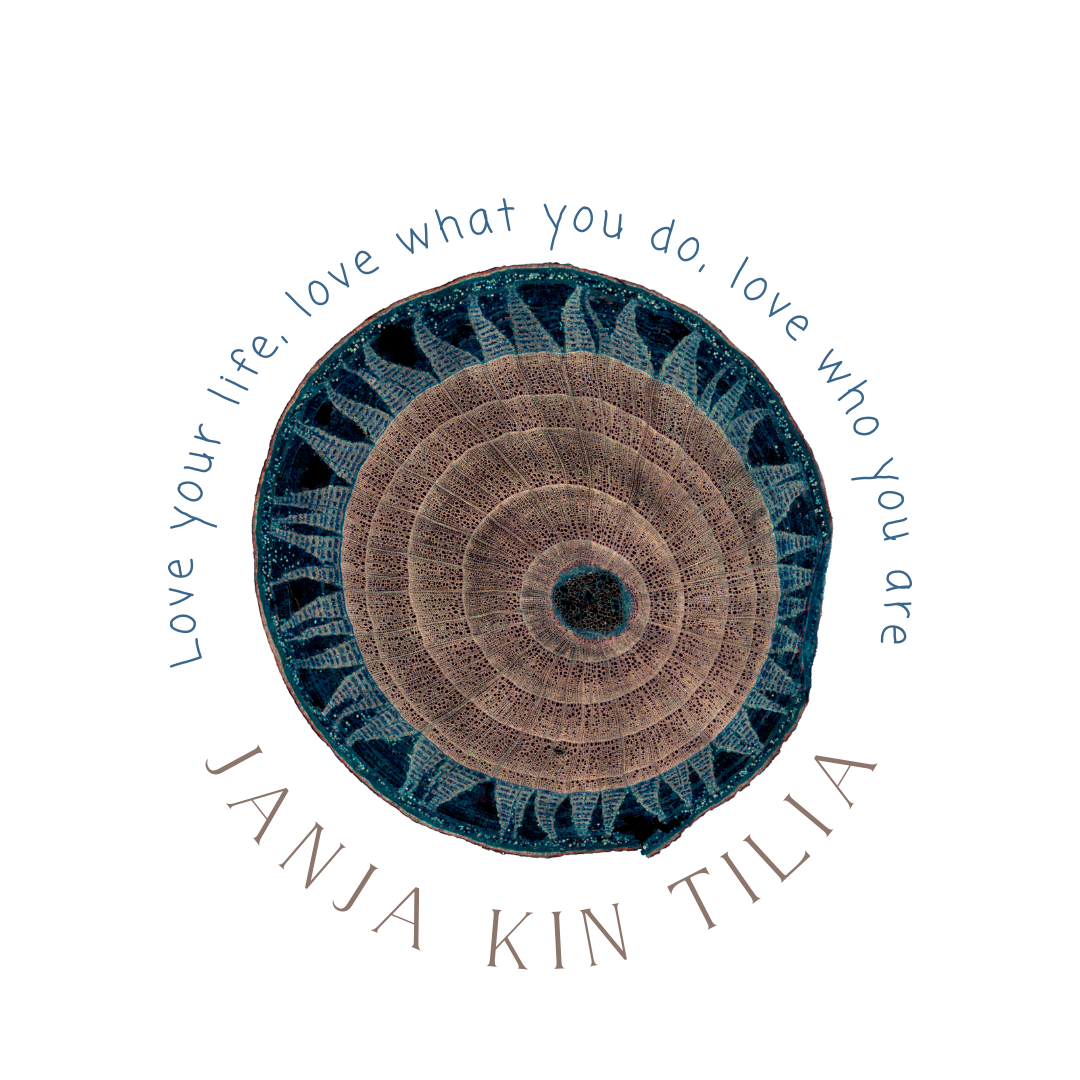
Adaptation
Adapting to Change
We are in the midst of summer here in the UK. Time that we may associate with holidays, relaxation, maybe sunbathing… But with the lockdown our expectation of what and how this may be happening has become uncertain, altered.
Although change is inevitable it can often be really hard to come to terms with what this brings, to accept it, to adapt to it. Adaptation requires an adjustment in our thinking and what actions we take, or not.
In this 'not knowing' we have lost the 'normal' and this is likely to feel confusing and feelings of being out of control. We may be waiting for when things change for the ‘normal' or 'better’, we hope for that time when ‘we will be able to do/…. live …./have..…’. When it's like that it'd be understandable if we experienced feelings of frustration, discontent, irritability, restlessness and other difficult feelings.
Change is hard because it challenges our preconception of how things are to that of how we believe they ‘should’ be/have been. Change presents losing the familiar, what we had and more so who we were within that. When change happens we lose the ‘familiar’ and no matter how mediocre this may have been, the 'familiar’ provides us with a sense of predictability, reliability, and ‘normality’. As such, this feels safe.
What determines how we respond to change?
How we respond to a change is very much determined by our past experiences and how we interpret these. Our brain organised all the knowledge and experiences into so-called ‘schemas’. Schemas are a framework that forms how we interpret the world around us, and our position in the world and they form our beliefs. These provide us with a sense of security and ‘knowing’. They get embedded not just in our minds but also in our muscle and organ tissues and are reinforced through repetition, routines and re-telling of what has happened - our ‘story or narrative’ (our subjective interpretation of the events). This in turn becomes the world that we come to live in, it becomes our reality, our lived experience.
Change can traumatise us
I demonstrate this with an innocent example: A child lies in bed at night and hears a sound. They are likely to assume that their parents/guardians are getting ready for bed, just like it’s been the case all other nights when they could not sleep and heard them to got bed. Then, one night, they watch Home Alone, a semi-scary film with burglars in it. What do you think they will feel and think when they are in bed that night and hear a sound somewhere in the house when they can’t go to straight sleep? Their imagination will very likely consider that there is an intruder in the house, a burglar maybe. Familiar? Unless they get their parents’ reassurance that all is well, their thoughts will escalate and fire up the nervous system with all the corresponding bodily reactions (holding their breath, being still and tense, maybe perspiring, feeling sick, limbs may go cold, heart racing…). The adrenal ‘fight, flight or freeze' response.
'Frights' that unsettle our sense of safety have origins back when we were in the womb, during birthing, in our childhood, and into our adulthood. They hardwire our nervous system and impact our daily living experience. And our nervous system never rests. Constantly, subconsciously, tirelessly it is deciding whether we are safe or not. It is a normal and helpful response that keeps us not ready to respond to what could be life-threatening situations but also motivates us to engage in living. However, unless we check the facts - and explore what the real fear is (by looking the lion in the eyes) we are at risk of holding unhelpful energy in our body when we are quite safe. Long term, the by-product of persisting adrenal responses (stress) triggers various autoimmune diseases and lowered immunity.
During the lockdown we have all experienced fear of some kind: ‘Am I safe to go out; am I responsible for passing something to someone else; how is my family; will I be able to see them again; will my work exist when we come out of the lockdown and so on.’ These questions pass between our conscious and subconscious minds, reinforcing the old schemas and beliefs questioning one's safety. How we respond to these can be adaptive (helpful) or maladaptive (unhelpful).
Being with the change
My work entails supporting people who have experienced trauma of any kind to re-learn how to enjoy a sense of safety, peace and wellness again - in their bodies and mind.
I work with individuals via Zoom. If you feel I would like to make time for healing, get in touch.
